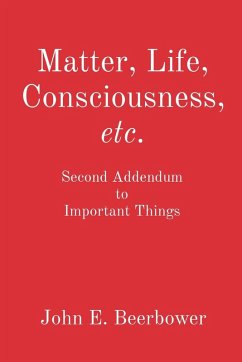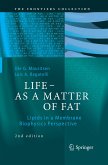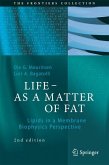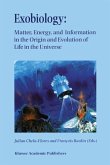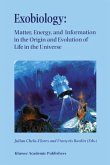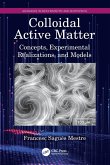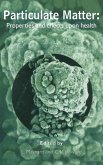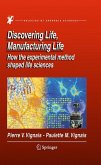"What was life? No one knew. It was undoubtedly aware of itself, so soon as it was life; but it did not know what it was." Thomas Mann, The Magic Mountain (1924) In June 2024, while working my way through Thomas Mann's seemingly interminable novel The Magic Mountain (a project started six weeks earlier), I encountered his multipage discourse on "life." It left me astonished. In 1924, Mann eloquently presented the fundamental questions about life that we are confronting 100 years later: the enormity of the chasm between life and inanimate matter, the mysteries of the cell, the nature of consciousness, the source of matter, the origin of life, as well as the question "What is Life? ". (For context, Irwin Schrödinger's revolutionary small book, "What is Life? The Physical Aspect of the Living Cell" appeared in 1944.) This got me thinking that I did not do the matter justice in my book Important Things We Don't Know or in the addendum Imaginings. In addition, I had written quite a bit about these issues in my last Wanderings book, Disappointments. So, I decided to adapt the relevant essays from Disappointments, add new material and produce a second addendum, organized around some of the more striking excerpts from Mann's dissertation. This is it.
Hinweis: Dieser Artikel kann nur an eine deutsche Lieferadresse ausgeliefert werden.
Hinweis: Dieser Artikel kann nur an eine deutsche Lieferadresse ausgeliefert werden.

